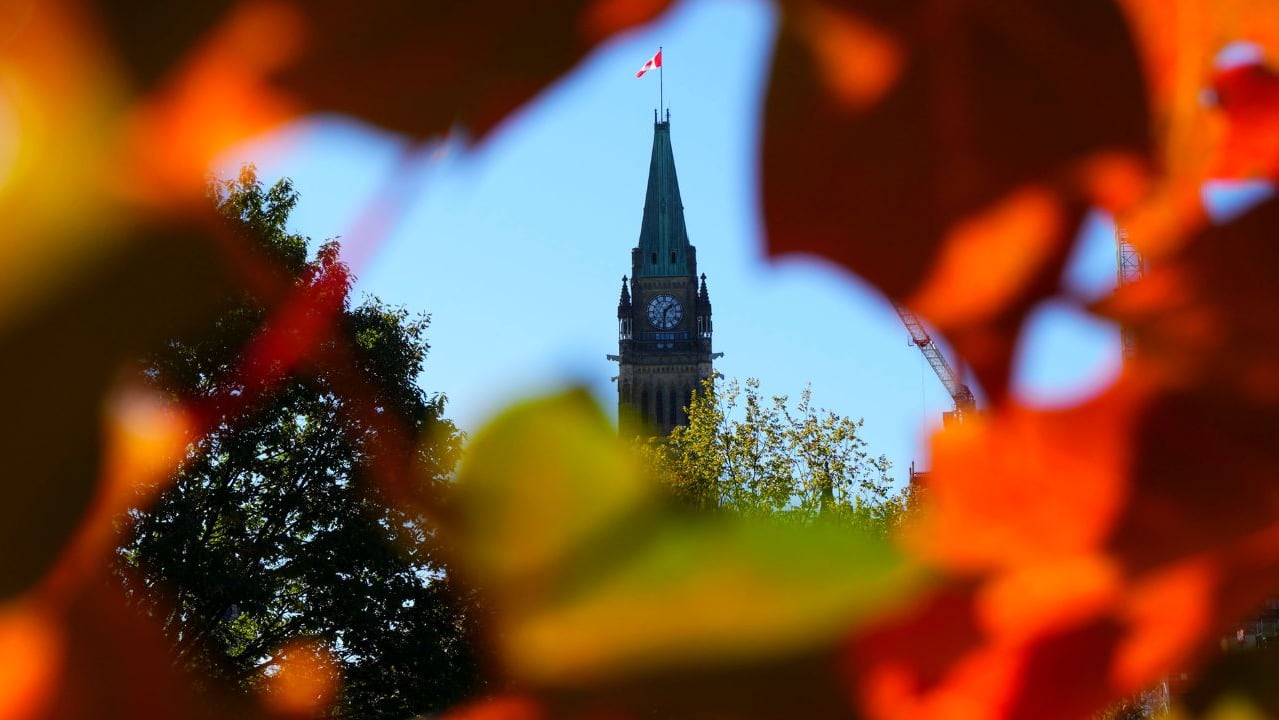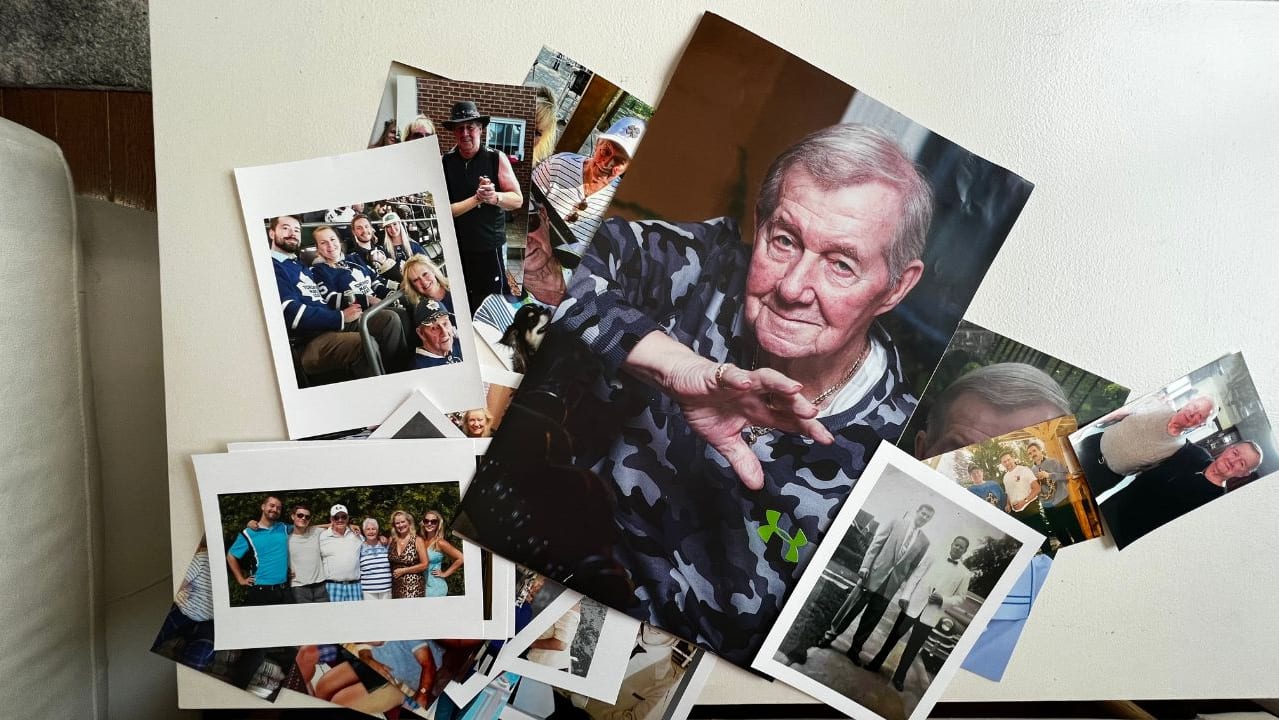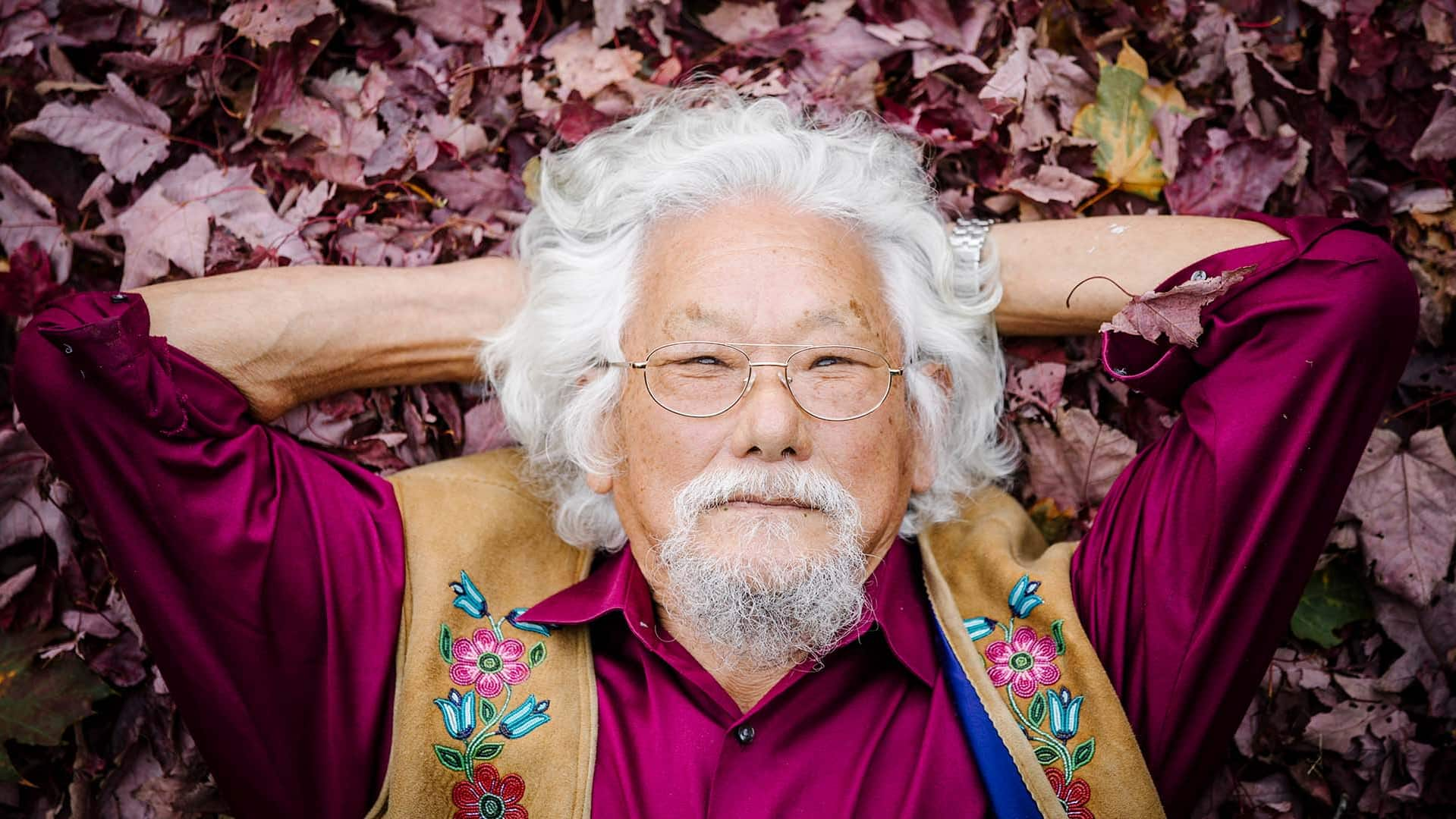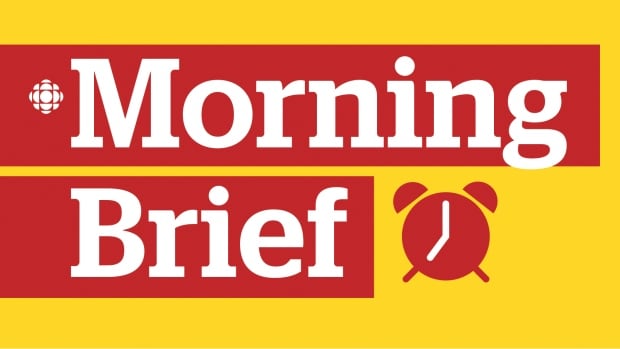
Good morning! This is our daily news roundup with everything you need to know in one concise read. Sign up here to get this delivered to your inbox every morning.
Ottawa’s pandemic hiring boom adds billions to federal payroll
A pandemic-fuelled hiring spree has grown the federal civil service by more than 35,000 people since April 2020, according to a CBC News analysis, helping add billions to Ottawa’s payroll costs.
Figures supplied by the Treasury Board and other ministries and departments show the federal government added 19,151 jobs in the fiscal year ending March 31, 2021, and another 16,356 positions in fiscal 2022. All told, the feds now employ 335,957 people across the country, a 12 per cent increase from pre-COVID times, and the greatest number of public servants in Canadian history.
An additional 28,176 bureaucrats were on long-term leave in 2022, not receiving their full salaries, but many of whom remain eligible for taxpayer-funded top-ups, benefits, insurance and pension contributions.
In fiscal 2021, Ottawa spent $59.623 billion on personnel costs, including salaries, pensions, benefits and overtime, an increase of $4.438 billion from the prior financial year. Payroll costs for 2022 likely increased by a similar amount, although the final figure won’t be available until the Public Accounts are published in December.
The super-charged rate of growth during the pandemic surprises even the former parliamentary budget officer.
“That’s a substantive increase,” said Kevin Page, an economist who now heads the Institute of Fiscal Studies and Democracy at the University of Ottawa. “It’s growing well in excess of five per cent a year, which is much, much faster than the private sector and faster than the rate of growth in the real economy.” Read the full story here.
Fall colours and early snow
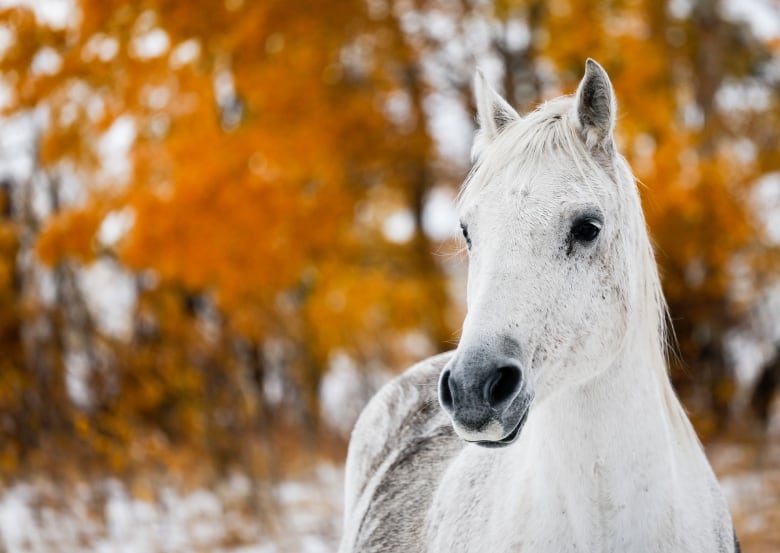
(Jeff McIntosh/The Canadian Press)
Finnigan, a Connemara pony, stands in fall colours and snow-covered pastures near Cremona, Alta., on Sunday, after the province was hit with its first major snowfall of the season.
In brief
Ken O’Leary, 87, of Burlington, Ont., died last February with a bedsore at the base of his spine, after a stay at Joseph Brant Hospital. His daughter describes it as the size of an avocado. “It haunts me,” said Kelly O’Leary. “It haunts our whole family. Because we could have done something, but [the hospital] didn’t tell us.” Ken was one of more than 4,000 people per year who develop bedsores — also called pressure injuries or pressure ulcers — while in hospital, according to the Canadian Institute for Health Information. The open wounds, which can lead to serious infection and even death, are best prevented by regularly repositioning patients, a job that typically falls to the often-overworked nursing staff. Experts say the number of reported bedsores is far below the actual number, as many hospitals don’t accurately track and report them. They also fear the number of cases will rise as Canada’s population ages and more people become less mobile — though anyone at any age can develop bedsores. Read more on this story here.
The Manitoba government says it will stop incarcerating migrants detained by the Canada Border Services Agency (CBSA), according to information obtained by Radio-Canada/CBC. Manitoba becomes the fourth province after British Columbia, Nova Scotia and Alberta to inform Ottawa it will no longer detain migrants in its jails. The office of Manitoba Justice Minister Kelvin Goertzen told Radio-Canada migrants should not be “languishing” in jail when “they have not been convicted of a crime.” Under agreements with the CBSA, many provinces imprison migrants detained for administrative reasons. These foreign nationals, including asylum seekers, are subjected to the same conditions as the prison population, even though they are not accused of a crime. Some 2,000 migrants have been incarcerated in provincial jails in Canada each year from 2015 to 2020. Read more here.
Ontario voters will head to the polls on Monday to elect city councillors and school board trustees as provincewide municipal elections get underway. Over 6,300 candidates across the province are running to tackle a range of key issues, from housing affordability, to infrastructure and public transit, to COVID-19 recovery and mental health. While municipalities like Thunder Bay, Waterloo and Sudbury have opened online voting, other parts of the province will choose their local governments at polling stations Monday. This year’s races could see a historically low turnout. Just 38.3 per cent of the eligible voting population cast a ballot during the 2018 municipal elections, the lowest number recorded since 1982. An interesting contrast has emerged at advanced polls, where several regions saw higher voter turnouts. Windsor saw 80 per cent more voters during the advanced voting period than it did during the last election, according to city officials. Read more on the muncipal vote here.
After 44 years of hosting CBC’s The Nature of Things, David Suzuki’s tenure will be coming to an end. While the upcoming season will be his last, that doesn’t necessarily mean the public will see or hear less from the iconic — and sometimes controversial — Canadian environmentalist. “This is the most important time in my life,” Suzuki announced Sunday in an interview on The National with host Ian Hanomansing. “I hate to call it retirement. I’m just moving on.” His final season with the nature- and science-focused series launches in January. In a statement, CBC management said new hosting plans will be confirmed “in the coming weeks.” Read more on this story here.
The Houston Astros will host Game 1 of the World Series at home Friday night against the wild-card Philadelphia Phillies. The two teams booked their places in the series with wins on Sunday. The Phillies got into the World Series for the first the time since 2009 when they beat the San Diego Padres 4-3 thanks to an eighth-inning, two-run homer by Bryce Harper in Game 5 of the National League Championship Series. Over in the American League, the Astros completed their sweep of the New York Yankees with a 6-5 victory. Houston took advantage of a costly error by Yankees second baseman Gleyber Torres to produce the go-ahead rally in the seventh inning. Read more from the baseball playoffs here.
Now here’s some good news to start your Monday: Destiny Klym is the first Saskatchewan and Indigenous woman to compete in a NASCAR-sanctioned race. She has competed in hobby stock, street stock and modified cars across the Prairies and in several states, taking home multiple championship trophies. As accomplished as Klym is, the story isn’t about her accolades or her need for speed. It’s about how a mutual love of racing brought a father and daughter together. Read more on this story here.
Opinion: We must adopt policies that require proof of Indigenous status and end self-identification
Misrepresentation gives pretenders an advantage over both non-Indigenous and Indigenous people, writes Natan Obed, the president of Inuit Tapiriit Kanatami, the national representational organization for Inuit in Canada. Read the column here.
First Person: My family fled Vietnam for Canada. By the time I started asking questions, it was almost too late
Listening to her family’s stories of leaving Vietnam seemed disconnected from Tiffanie Tri’s life in Canada. But her grandfather’s death made Tri realize why it’s important to talk to her living ancestors before it’s too late. Read her column here.
Front Burner: What is the ‘Freeland Doctrine’?
According to Deputy Prime Minister Chrystia Freeland, history isn’t over.
Speaking at the Brookings Institution in Washington, D.C., earlier this month, Freeland refuted the post-Soviet idea of “the end of history” — that after the Berlin Wall fell in 1989, the world was set on a path to unity and stability under free trade and liberal democracy. Freeland said the thinking of the era was “hubris,” and that Russia’s attacks on Ukraine are a reminder that autocracy and instability have risen once again.
Freeland proposed an idea that some — though not her — are calling the “Freeland Doctrine.” In her vision, Canada would favour trade with countries that share our values, because we’ve learned that the influence of free trade isn’t stopping autocracy.
Today, journalist Paul Wells takes us through Freeland’s proposal, and discusses whether there will be political will to make these costly choices for liberal trading partners.
Front Burner24:04What is ‘The Freeland Doctrine’?
Today in history: October 24
1852: A group of Toronto businessmen create an association of brokers to set up a market in industrial securities. They first met informally but eventually established a common meeting place and formal rules and regulations. The association was the foundation of today’s Toronto Stock Exchange.
1901: Anna Edson Taylor, 63, becomes the first person known to go over Niagara Falls in a barrel and survive. The 50-year-old widow performed the stunt to raise money to repay a loan due on her Texas ranch. Her dreams of fame and fortune failed to materialize and she died in poverty in 1921.
1945: The United Nations formally comes into existence.
1991: Star Trek creator Gene Roddenberry dies in Santa Monica, Calif., at age 70.
